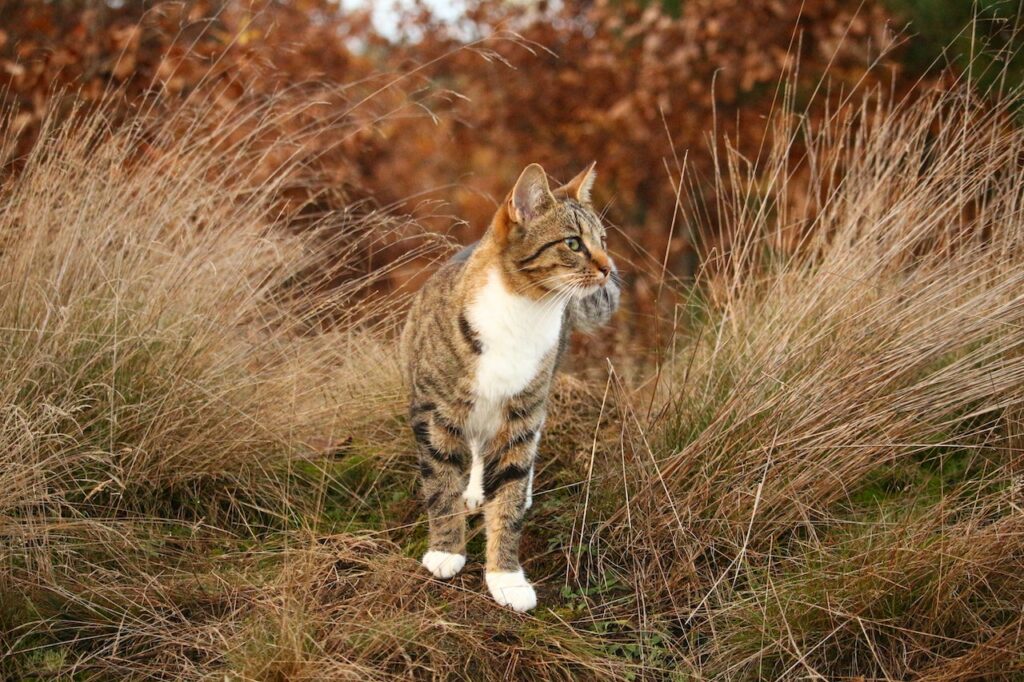A Tale of Two Pets: Exploring the Differences Between Whippets and Cats
Do you have a whippet or a cat and want to learn more about the differences between them? Or are you considering adding one of these pets to your home, but aren’t sure which would be the best fit for your family? If so, then this article is perfect for you! Here we will explore the characteristics, personalities, and exercise needs of whippets and cats. We’ll also discuss how whippets can make great companions for cats in the same household. Finally, we’ll provide tips on how to care for both whippets and cats so that they can live happy and healthy lives together. So read on to find out all there is to know about whippets versus cats!
Whippets and Cats: A Comparison
Animals have been a part of the human experience since ancient times, providing companionship and entertainment to their owners. Two particular animals that have grown in popularity amongst pet owners over the past few decades are whippets and cats. While these two creatures may look very different, they are both highly intelligent animals that develop strong bonds with their owners.
Physical Characteristics
Whippets
Whippets are medium-sized dogs that were initially bred for hunting in the 1800s. They have a short coat of fur that can range from white to black in colour, with various shades of brindle or tan mixed in between. Whippets are often mistaken for Greyhounds due to their long slender bodies and muscular legs. Adult whippets typically weigh between 25 and 45 pounds and stand between 18 and 22 inches tall at the shoulder.
Cats
Cats, on the other hand, vary greatly in size depending on breed. Domestic cats typically weigh between 8 to 13 pounds, while some of the largest cat breeds, such as the Maine coon can grow up to 35 pounds or larger! Most adult cats stand between 10 – 11 inches tall at the shoulder, but again this can vary depending on breed and age. Cats come in all shapes, sizes, colours, fur lengths and patterns, which is why they remain so popular as pets worldwide.
Suitability As Pets
When it comes to suitability as pets, there’s no single answer since different people prefer different types of animals for different purposes. However, it’s fair to say that whippets and cats make great companions if their owners give them enough attention and stimulation.
Whippets
Whippet owners tend to describe them as loyal family members who thrive off socialization with humans as well as other dogs; they’re also known to be quite intelligent problem solvers who love physical activity such as running or playing fetch games outdoors or inside your home (though you should always provide plenty of space for them). Whippets may not be ideal around young children since they can be skittish around loud noises or sudden movements; however, with proper training, they can learn how to accept kids into their environment without causing any harm.
Cats
On the other hand, cats have a reputation for being independent creatures who enjoy exploring their environment (make sure windows/doors are safely enclosed) while still being affectionate towards humans. Though they don’t require nearly as much attention from you compared to a dog – so if you want an animal companion you can cuddle up with but don’t need constant interaction. Cats might be more suitable for your lifestyle needs than a whippet would be.
Behaviour
The behaviour differences between these two species largely depend on individual personality traits – some cats will be more active than some dogs, while some dogs may be less excitable than certain cats – but there are certain generalizations we can make about each creature’s typical behaviour patterns:
Whippet Behaviors:
- Loyalty towards its owner(s)
- Enjoyment of stimulating activities such as playing fetch & going for runs/walks outdoors.
- Easily trainable & eager to please its master(s)
Cat Behaviors:
Generally more independent when it comes to affection & attention from its owner(s)
Likes finding warm spots around the house & lounging comfortably for long periods of time
Generally enjoys interactive toys such as laser pointers & feather teasers, although not all cats take an interest in these activities.
Health Concerns
Health concerns should always be taken into consideration when deciding whether or not a particular pet is suitable for you/your family’s lifestyle – so let’s take a look at what potential problems could arise when having either a whippet or cat living within your home:
Whippet Health Concerns:
- Prone to hip dysplasia which leads to joint degeneration over time if left untreated (check with your vet regularly!)
- The potential risk of seizures due to genetic conditions such as epilepsy
Cat Health Concerns:
- Commonly affected by feline asthma, which is caused by environmental allergens (elevate food dishes away from litter boxes!)
- Prone heartworm disease if left unprotected against parasites (visit vet annually!)
Wrap Up
When comparing whippets vs cats, there’s no clear-cut answer to which animal is better suited for every person’s needs; however, understanding each creature’s unique characteristics could help guide people towards making an informed decision when choosing either.
For whippets and cats alike, investing in pet insurance is important to ensure that your furry friend is taken care of should they experience any unexpected health problems. Pet insurers Furrr.co.uk offer comprehensive coverage for cats and whippets – so why not give them a call today and make sure that your beloved pet can live its best life?










